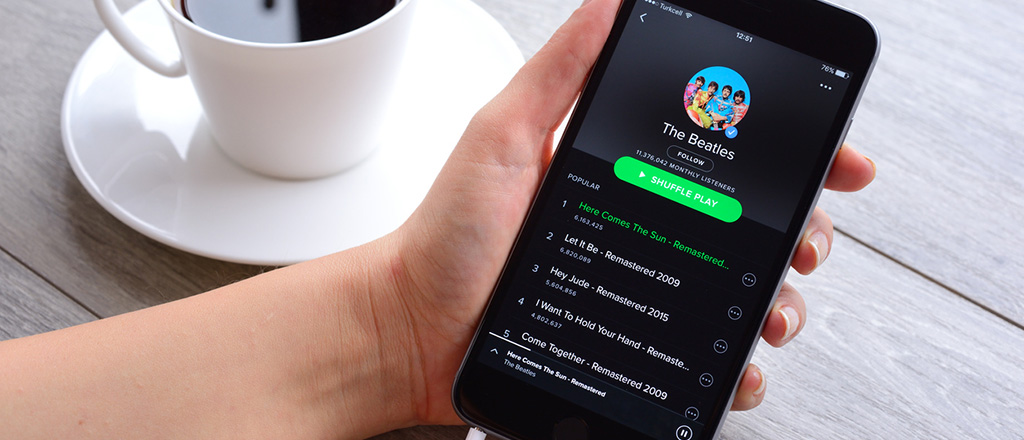What’s mine is ours: how consumption is changing

Technology hasn’t just changed the way consumers use goods and services, it’s also changed the way they own them. Music collections, for example, have evolved from hundreds of alphabetically-organized records on a shelf, to carefully edited digital libraries, to the 2021 version — a list of songs stored on Spotify or some other streaming platform. What consumers used to think of as “mine” is now “ours” in the sharing economy, where everything from car rides to books has become less of a coveted item and more of an experience.
But marketers know that there is value in psychological ownership. When customers form an emotional attachment or self-identify with a product, that sense of “mine” enhances its luster and keeps them coming back for more. As shoppers shift away from owning material things, how can marketers preserve these benefits? Some answers can be found in a new study, “Evolution of Consumption: A Psychological Ownership Framework,” which recently appeared in the Journal of Marketing.
Wharton marketing professor Deborah Small and Carey Morewedge, a marketing professor at Boston University’s Questrom School of Business, are two of the paper’s authors. They joined Knowledge@Wharton (podcast + transcript) to talk about changes in consumption and offered some strategies for marketers.



